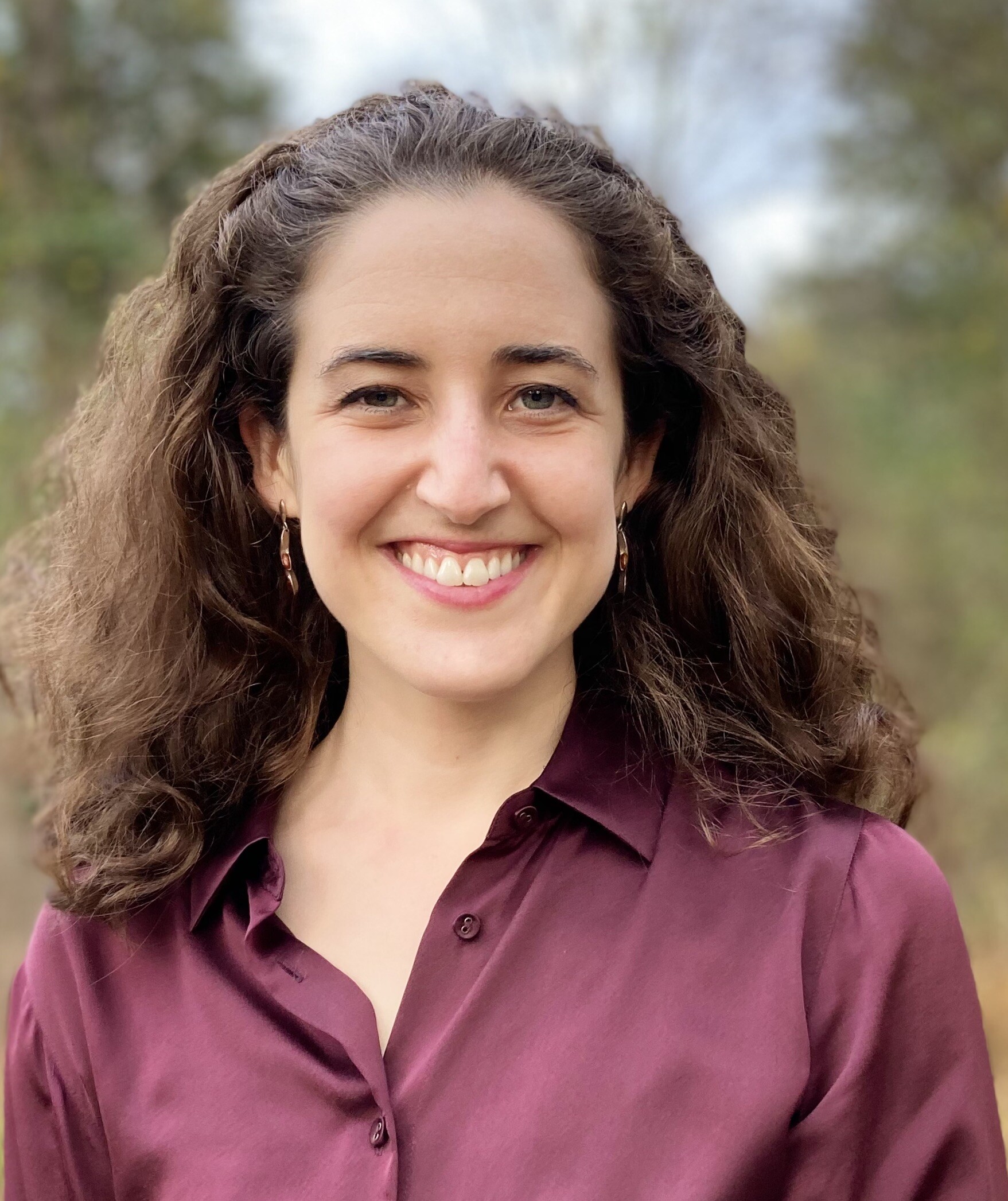Getting sick with the mosquito-borne Zika virus makes people more vulnerable to developing dengue disease later on, and to suffering from more severe symptoms when they do get sick from dengue, finds a new study published in the journal Science. “The key thing that our study establishes is that prior Zika infection does significantly increase your risk of both symptomatic and more severe forms of dengue disease,” said study first author Dr. Leah Katzelnick. “That finding raises the questions: Could a vaccine only targeted at Zika actually put people at increased risk of more severe dengue disease? And how can you design a Zika vaccine that only induces good antibodies that protect you against Zika, but doesn’t induce these other, potentially enhancing antibodies that are harmful against disease?” Read more here.
Dr. Katzelnick conducted her doctoral research on antigenic variation among dengue viruses at the University of Cambridge and the National Institutes of Health as an NIH OxCam Scholar and Gates Cambridge Scholar. After finishing her PhD in 2016, she conducted her postdoctoral work at the University of California, Berkeley and the University of Florida on determinants of dengue and Zika disease, spending a year in Ecuador and Nicaragua to work closely with the research teams conducting longitudinal cohort studies.
As of September 2020, Dr. Leah Katzelnick was named an Earl Stadtman tenure-track investigator and NIH Distinguished Scholar in the Laboratory of Infectious Diseases in NIAID at NIH. She is Chief of the new Viral Epidemiology and Immunity Unit, which uses a multidisciplinary approach to investigate immunological protection against and susceptibility to emerging and reemerging viral diseases with the goal of informing how vaccines can be effectively and safely licensed and introduced through vaccination programs. Her group is looking for postdocs and PhD students — if you are interested, please learn more at:

